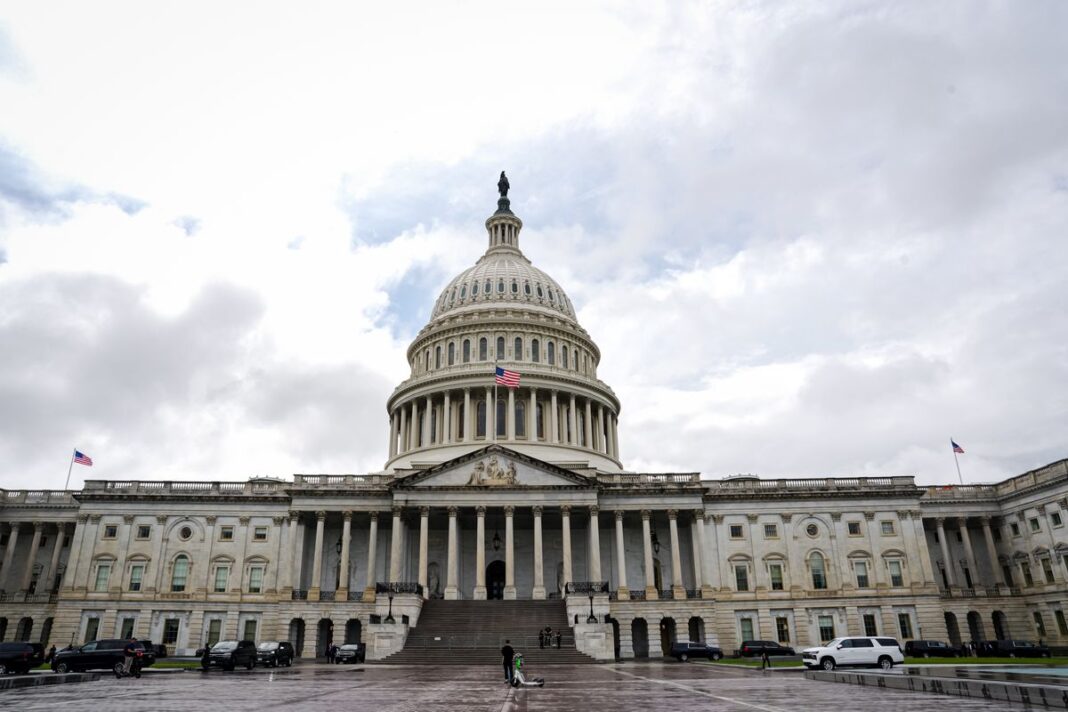‘Sanctioning perpetrators of forced organ harvesting is a moral imperative,’ a cosponsor of the bill said.
The House unanimously passed a bill on May 5 aimed at ending Beijing’s persecution of the spiritual group Falun Gong.
The bill, the Falun Gong Protection Act (H.R.1540), passed with broad bipartisan support and includes provisions to sanction individuals implicated in the forced harvesting of organs of Falun Gong practitioners.
The sanctions would draw from a list of foreign nationals that the president would supply to the relevant congressional committee within 180 days of the bill’s enactment into the law. The prescribed penalties include a civil fine of $250,000 along with criminal punishment of up to $1 million and 20 years in prison.
The sanctions would block an offender from entering the United States, invalidate their visa, and stop any immigration benefits the individual might otherwise enjoy.
Rep. Scott Perry (R-Pa.), lead sponsor of the Falun Gong Protection Act, said he considers the issue as one in which “we can all be in agreement,” even in a divided political world.
“It’s incredibly important there has to be some consequence to this barbaric and horrific behavior,” Perry told The Epoch Times. “The United States should be a leader and show the world the way. We must do it and force the rest of the world to acknowledge it.”
Falun Gong, a spiritual practice involving meditative exercises and teachings based on the values of truthfulness, compassion, and tolerance, has faced harsh repression in China since 1999. The Chinese regime viewed Falun Gong’s popularity as a threat and subjected its 70 million to 100 million practitioners to arrests, prolonged jailing, forced labor, and various other kinds of torture.
The Falun Gong Protection Act directs the United States to work with allies and multilateral institutions to raise awareness about the persecution and coordinate targeted sanctions and visa restrictions with the international community.
It further instructs the United States to make it a policy to avoid cooperating with China on transplantation while the Chinese Communist Party (CCP) is in power.








